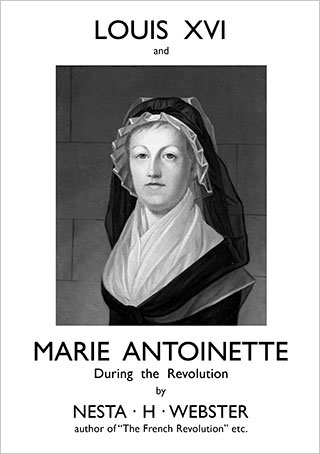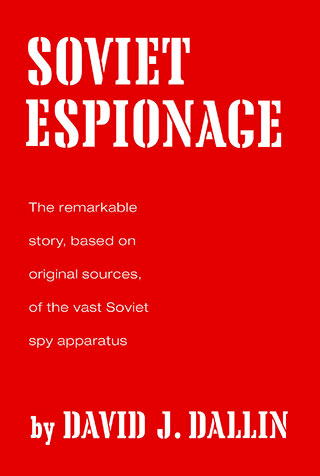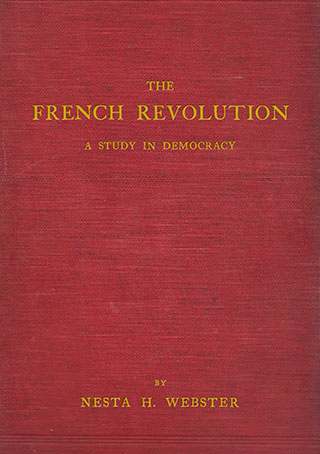The Solution to Everything: Slavery to the State
 Let me clarify that. Slavery to the corporate State. Government and mega-corporations work hand in hand.
Let me clarify that. Slavery to the corporate State. Government and mega-corporations work hand in hand.
The incurably naïve believe the State is beneficent. The government is kind. The government knows what to do. The government will solve society’s ills if we let it.
Of course, the government, in the form of NSA, is spying on everybody all the time—but you see, that’s not really the government. It’s a rogue element.
Sure it is. And rainbows will appear at any moment and the people of Earth will experience a galactic frequency that eradicates all impulses toward conflict.
To put it another way, people see what they want to see.
“Ahem, when I say ‘government,’ I don’t mean the CIA or the Pentagon or the FDA or the President’s national security team, or fraudulent federal scientists, or the whole lot of venal people in Congress, or corrupt prosecutors and judges or invasive bureaucrats or paper-pushing money-sucking desk jockeys.”
Of course not. Government is an idea in the mind of God.
And when you think about it, the NSA watches over us to make sure we stay on the path of righteousness. It’s absurd to be suspicious of the State. The authors of the Constitution, who tried to limit central authority, were a bunch of paranoids.
We need more government, not less.
Here are quotes from George Orwell. In case there is any doubt, he is describing aspects of the State:
“As I write, highly civilized human beings are flying overhead, trying to kill me. They do not feel any enmity against me as an individual, nor I against them. They are ‘only doing their duty’, as the saying goes. Most of them, I have no doubt, are kind-hearted law-abiding men who would never dream of committing murder in private life.” (The Lion and the Unicorn, 1941.)
“Actions are held to be good or bad, not on their own merits, but according to who does them, and there is almost no kind of outrage — torture, the use of hostages, forced labour, mass deportations, imprisonment without trial, forgery, assassination, the bombing of civilians — which does not change its moral colour when it is committed by ‘our’ side.” (Notes on Nationalism, 1945.)
“A totalitarian state is in effect a theocracy, and its ruling caste, in order to keep its position, has to be thought of as infallible. But since, in practice, no one is infallible, it is frequently necessary to rearrange past events in order to show that this or that mistake was not made, or that this or that imaginary triumph actually happened. Then, again, every major change in policy demands a corresponding change of doctrine and a revaluation of prominent historical figures.” (The Prevention of Literature, 1946)
“But actually, he thought as he re-adjusted the Ministry of Plenty’s figures, it was not even forgery. It was merely the substitution of one piece of nonsense for another. Most of the material that you were dealing with had no connexion with anything in the real world, not even the kind of connexion that is contained in a direct lie. Statistics were just as much a fantasy in their original version as in their rectified version.” (1984, chapter 4.)
“Don’t you see that the whole aim of Newspeak is to narrow the range of thought? In the end we shall make thoughtcrime literally impossible, because there will be no words in which to express it. Every concept that can ever be needed, will be expressed by exactly one word, with its meaning rigidly defined and all its subsidiary meanings rubbed out and forgotten.” (1984, chapter 5.)
But you see, these are all old Orwell remarks. Now we have a different kind of State. It’s…government. Yes. The State isn’t government. Aha. The State exists in places other than America. In America, we have government. Yes, that’s right. Two different animals. One is repressive, and the other is earnest. (More rainbows for the sentimentalists.)
Here are quotes about the State from Aldous Huxley’s 1932 novel, Brave New World:
“Till at last the child’s mind is these suggestions, and the sum of the suggestions is the child’s mind. And not the child’s mind only. The adult’s mind too—all his life long. The mind that judges and desires and decides—made up of these suggestions. But all these suggestions are our suggestions!” (Chapter 2.)
“Every one belongs to every one else.” (Chapter 3.)
“Mother, monogamy, romance. High spurts the fountain; fierce and foamy the wild jet. The urge has but a single outlet. My love, my baby. No wonder these poor pre-moderns were mad and wicked and miserable.” (Chapter 3.)
“Everyone works for every one else.” (Chapter 5.)
“Don’t you wish you were free, Lenina?”
“I don’t know what you mean. I am free. Free to have the most wonderful time. Everybody’s happy nowadays.”
He laughed, “Yes, ‘Everybody’s happy nowadays.’ We begin giving the children that at five. But wouldn’t you like to be free to be happy in some other way, Lenina? In your own way, for example; not in everybody else’s way.”
“I don’t know what you mean,” she repeated. (Chapter 6.)
But again, Huxley’s remarks are about the aspirations and victories of the State, which doesn’t exist in America. Never has.
In America, we have a fluid and flexible government, which tries to respond to the people’s needs. Of course. Just ask Elizabeth Warren or Barack Obama, Bill Clinton, Hillary Clinton, George W Bush, or the ghost of Richard Nixon. Ask the heads of Goldman Sachs, Monsanto, Dow, DuPont. Google, Facebook, Microsoft.
There are “repressive States” in Europe, Asia, and Africa, but that is a foreign phenomenon.
Rebelling against the State? Not here. Here we merge with the government and help it and encourage it. Besides, we’ve recently learned—and this is a revelation—that rebelling is very likely a terrorist act. Well, that settles that.
We’re all in this together. Even if the “we” and the “this” and the “together” seem to require some further clarification, rest assured it will be forthcoming. At the right time.
The government understands time (and also space). It arranges them. Someone has to.
The government is not the State, the government is not the State.
The author of three explosive collections, THE MATRIX REVEALED, EXIT FROM THE MATRIX, and POWER OUTSIDE THE MATRIX, Jon Rappoport was a candidate for a US Congressional seat in the 29th District of California. He maintains a consulting practice for private clients, the purpose of which is the expansion of personal creative power. Nominated for a Pulitzer Prize, he has worked as an investigative reporter for 30 years, writing articles on politics, medicine, and health for CBS Healthwatch, LA Weekly, Spin Magazine, Stern, and other newspapers and magazines in the US and Europe. Jon has delivered lectures and seminars on global politics, health, logic, and creative power to audiences around the world. You can sign up for his free emails at www.nomorefakenews.com








